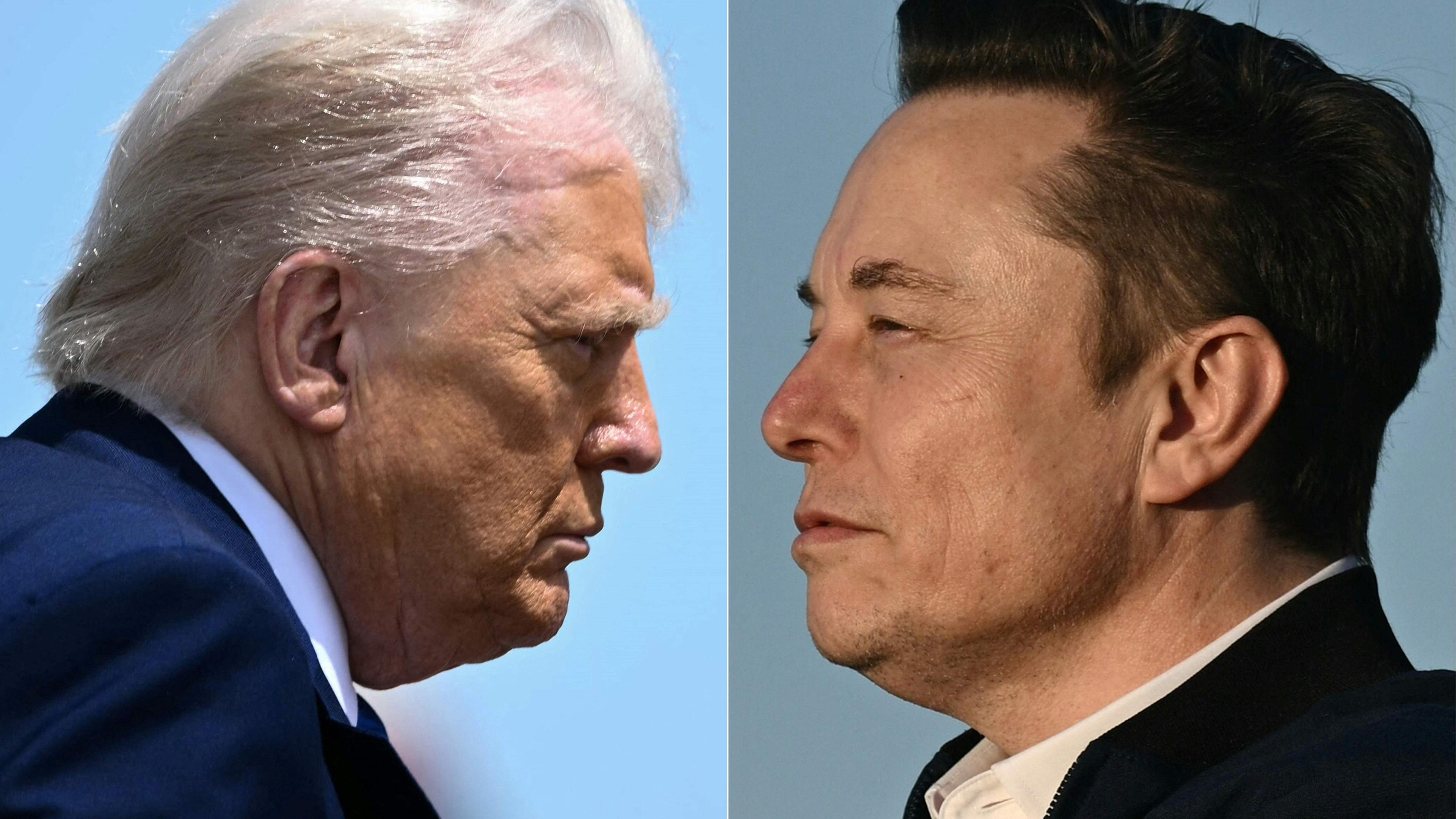CPB: The economy is doing well, but don't spend the money right away
/s3/static.nrc.nl/images/gn4/stripped/data128701598-94b8eb.jpg)
The self -proclaimed strict remediationer and finance minister Eelco Heinen (VVD) must feel pretty lonely after this week. He still seems the only politician who sticks to the budget rules. Other politicians, including his own VVD, are ready with wish lists.
That became clear after the Central Planning Bureau presented the economic prospects this week. The estimates are the starting signal for the negotiations for the Spring Memorandum. That is an update of this year's budget, but especially the most important preview of the following years.
The most important findings: the economy and purchasing power of Dutch people are doing pretty well. Poverty is decreasing and the budget deficit is also less than estimated in advance. About 8 billion euros less in absolute numbers. But, the CPB also warned: that is not a reason to spend money right now.
The political interpretation of the economic prospects stopped at most: there is air. Invest!
Also at coalition parties. Geert Wilders (PVV) tweeted: « It is high time for more burden lighting for the common man and woman. » BBB MP Henk Vermeer: “The budget deficit was estimated at 2.5 percent and now appears to be 1.8 percent. That saves 7 billion euros alone. » He wants to invest the 'extra financial space' strategically in a stronger Netherlands, he writes on the website of the Boerburger movement.
But it is not that simple that you can speak of a windfall of 7 to 8 billion.
Donald Trump
First of all, there is a fundamental uncertainty in the economic prospects. The Planning Bureau makes that cool disclaimer, referring to President Donald Trump of the United States. Director Pieter Hasekamp, last Wednesday: « If hefty rates are introduced on European exports tomorrow, that will have a negative effect on Dutch economic growth. » That was only limited in the CPB models, he said.
It was not yet half a day pronounced by Hasekamp, or Trump announced import tariffs of 25 percent for the European Union.
Moreover, the 8 billion consists largely of money that remains on the shelf, because ministries do not receive the money because of staff shortages, among other things. However, the problems for which that money is needed are not gone. In many cases, the cabinet must spend that money later, and is therefore not a windfall.
Gerrit Zalm
The other large part that consists of the 8 billion: more tax revenues than expected, because the economy is doing well. According to the budgetary rules, once created by Eelco Heinens predecessor and example Gerrit Zalm, the Minister of Finance has to pay off the debt with windfalls on the income side. The underlying rule: income and expenditure are separated. So that the minister can make debts if the economy is doing badly and pays the debt if the economy is doing well.
These legally recorded budget rules also prescribe: the formation stipulates how income and expenditure is arranged for the entire reign. In the meantime, in the meantime, it is not deviated from. The rules force politicians to manage in the longer term, and not want to overthrow the plans in the event of one shortage. That brings peace and predictable policy.
The coalition has also committed itself to these budget rules in the Outline Agreement. But in politics The Hague you don't hear anyone about it. There, the parties take into account a cabinet trap and a campaign, this year. Then it is more pleasant to help the voter in the wallet as quickly as possible.
Illustrative is that Heinens owned its own party, the VVD, with a proposal to the Spring Memorandum, which breaks down the established plans in the outline agreement. VVD, it announced, wanted to spend less on benefits and development aid than agreed in the agreement, in order to pay childcare for workers and the energy tax.
Low national debt
What also does not help is the historically low national debt. Urgency to pay off the national debt is therefore lacking, while the coalition stands for major financial challenges. From defense to nitrogen and from climate to municipal finances.
It makes Heinens position particularly complicated. He made it strict and to keep the expenses as low as possible, even with a view to the future. Care and social security expenditure is expected to increase due to aging. In recent years, Heinen also thinks, cabinets spent unnecessary a lot. He also regularly points to the budget rules.
If the Minister of Finance wants to achieve his strict image, he will have to keep his hand on the cut. While the image is that he has air in his budget, and the urgency is felt at publishing.
What good is estimates if it is all so uncertain? Politicians, economists say, need a joint basis on which they base plans. What would help is a cabinet that makes realistic plans and takes into account the shortages on the labor market, they say. This prevents money from staying on the shelf. And that is better for the reliability of economic prospects.
And despite all the mits and buts, the prospects can also be learned about developments in the longer term. An important lesson from the report of the calculation masters: the economy is doing well, because more young people start a part -time job and old people continue to work longer. That seems like a permanent economic boost.

/s3/static.nrc.nl/wp-content/uploads/2025/06/06205808/web-0606BINspermadonatie.jpg)
/s3/static.nrc.nl/images/gn4/data133317775-d0126f.jpg)
:format(webp)/s3/static.nrc.nl/bvhw/wp-content/blogs.dir/114/files/2021/11/trujilo-vierkant.png)


